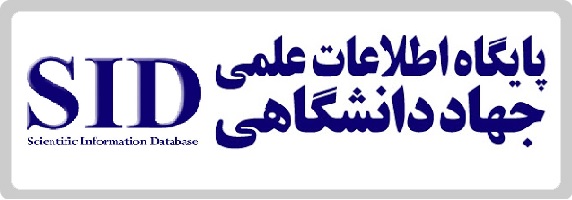The Role of Intellectual Faculty in the Self-awareness of "Flying Man" with an Emphasis on Avicenna's Mubahathat
Keywords:
self-awareness, Flying Man Argument, perceptual faculties, Mubahathat, AvicennaAbstract
Self-awareness, that is, a person's direct awareness of his own self, which Avicenna relied on in his Flying Man Argument to prove the soul, is the result of the activity of which perceptual faculty in a person? Avicenna's words about this issue are ambiguous and complicated: Sometimes he considers intellect as the perceiver of the self and therefore calls it an intellectual knowledge, and sometimes he considers the soul as its perceiver and calls it an inherent and natural knowledge. In order to remove this ambiguity from Avicenna's words and reach his final answer to this question, in this article, we have analyzed his words - especially in the book of Mubahathat which has discussed this issue in more detail than in other places - with a descriptive, analytical and critical method, and we have come to the conclusion that in Avicenna's final view, the perceptual faculty that is responsible for self-awareness, is not any of the faculties of the soul, but the soul itself is the perceiver of its own essence. But since he often presented the discussion of self-awareness in the framework of his theory about perceptual faculties, sometimes he called it intellection, and in fact, he used ‘intellect’ or intellection in two senses.





